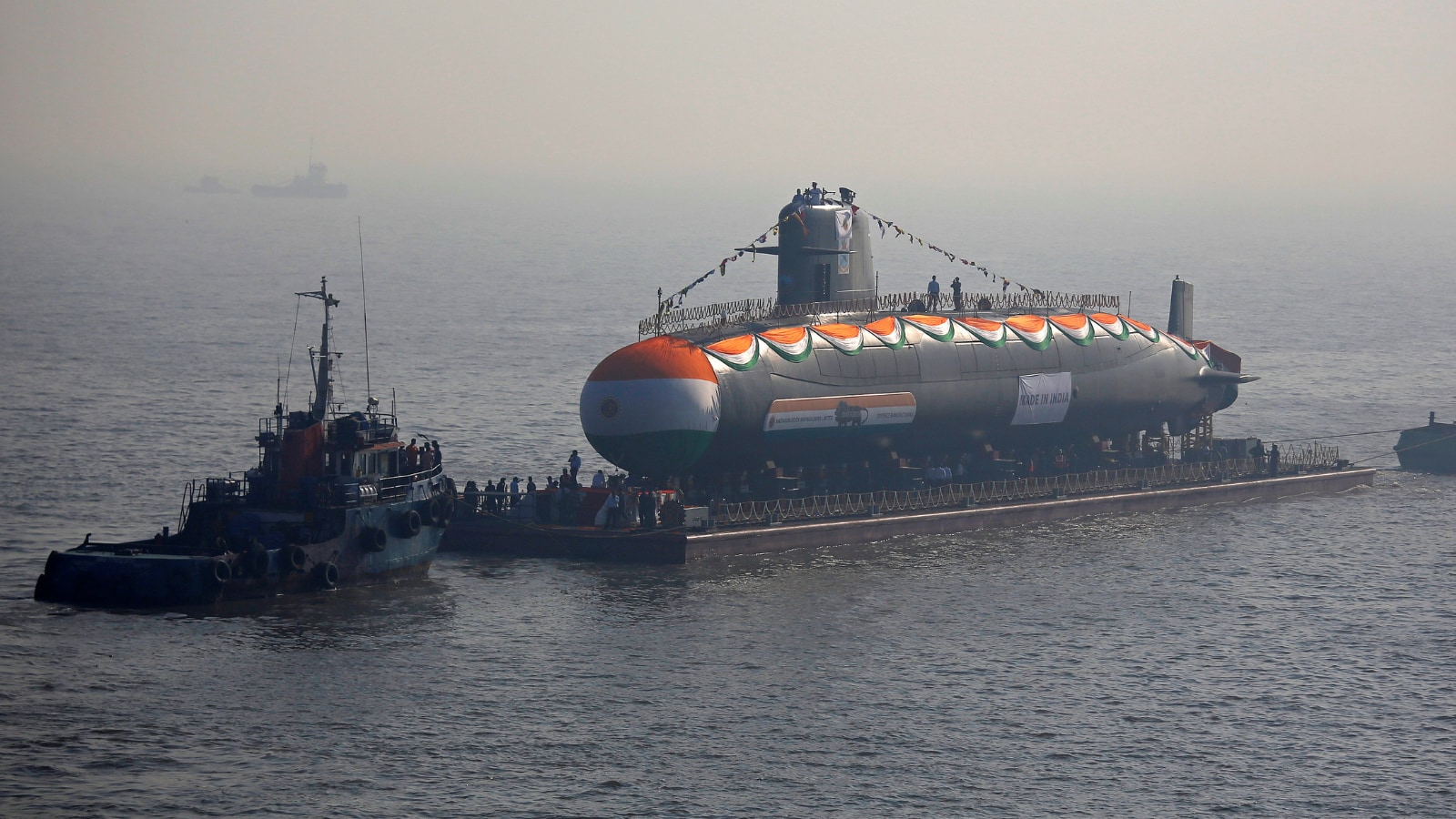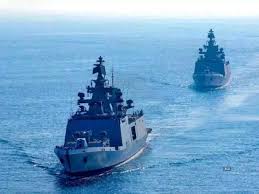Berlin: German submarine manufacturer ThyssenKrupp Marine Systems (TKMS) is hoping to get the contract for the long-pending Project 75 (India) of the Indian Navy. It is competing with Spanish firm Navantia. ThyssenKrupp has offered its 214-class submarines to India. At the same time, Navantia has offered the S80 submarine. In such a situation, the Indian Navy is testing the submarines of both these countries. For this, recently a team of experts of the Indian Navy has tested Navantia’s Air Independent Propulsion (AIP) in Cartagena. The big thing is that AIP technology is already installed in ThyssenKrupp’s 214-class submarines and has been tested in combat, whereas this is not the case with Spanish company Navantia.

Navy will buy submarines through Project-75I
The Indian Navy wants to buy these submarines through Project-75I, in which they will be built in India under technology transfer. Under the P75I project, six conventional submarines will be built with state-of-the-art proven fuel-cell Air Independent Propulsion (AIP) system, which will work in conjunction with lithium-ion batteries. The two conditions that the Indian Navy has mainly highlighted in the purchase of submarines are the need for an AIP system and a lithium-ion battery that provides long-term backup.
Capable of staying underwater for 12 days
Such submarines will be able to stay underwater continuously for about 12 days, whereas at present they have to surface every two to three days to recharge their batteries. The Indian Navy has completed field evaluation tests of the AIP system offered by TKMS and Spanish firm Navantia. The inspection team is now preparing a technical report that will be submitted to the Naval Headquarters.
Who tied up with which Indian company

ThyssenKrupp Marine Systems (TKMS) has tied up with state-owned Mazagon Dock Shipbuilders Limited (MDL), while Navantia has tied up with private company Larsen & Toubro (L&T). “We have full confidence in our proven AIP technology and we are in the final stages of the design concept with MDL, which will include stealth features,” said Khalil Rehman, CEO of TKMS. He said that unlike normal submarines, which are more circular, the design for the Indian project is angular, which will give it a low sonar signature, i.e. stealth features. He said that 52 submarines with AIP system by TKMS are in service or under construction.
Germany promised technology transfer
The German company has promised full transfer of technology as per the demand of the Indian Navy and stressed that the German government will give guarantee. Rehman said that TKMS is designing the new submarine, but it will hand over the design to the Indian government as per the order of the Navy. According to the request for proposal (RFP) for the project, the first submarine will be delivered seven years after the signing of the contract and will have 45 per cent indigenous composition. Thereafter, one submarine will be delivered every year, with the overall programme having 60 per cent indigenous composition.

India approved Project-75I in 2019
In 2019, the Defence Acquisition Council headed by then Defence Minister Nirmala Sitharaman approved the P75I project. The P75I project is part of a 30-year submarine construction plan that ends in 2030. As part of this plan, India was to build 24 submarines – 18 conventional submarines and six nuclear-powered submarines (SSNs) – as an effective deterrent against China and Pakistan.








